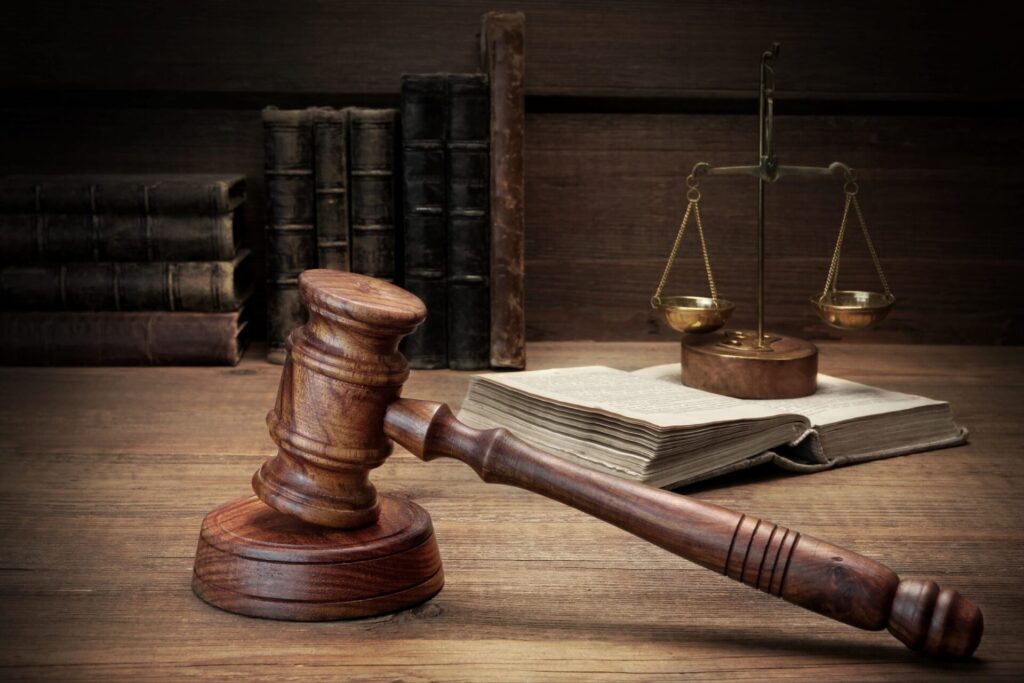A question asked all the time is, “Can the police detain you without arresting you? And the short answer is, under the right set of circumstances, they can.” Those circumstances are where they have what they call reasonable suspicion to believe you’re involved in some sort of criminal activity. However, they have to be able to point to specific and articulable facts that show why they believe you’re involved in this. Maybe someone said they saw someone matching your description doing something unlawful. The police themselves may have observed something that they believe might be criminal activity. It has to rise to a certain level in order to make even a slight detention of you for a short period of time.
During this brief detention they’re supposed to be investigating the reason they stopped you o determine whether or not you actually did anything. They’re allowed under those circumstances to stop you for a brief period of time, perhaps interact with you, ask you some questions about it and to make the determination whether or not they believe there’s probable cause to actually arrest you for some type of crime.
If the police also have reason to believe you might be armed and presently dangerous to them or someone else, they could also pat down the outside of your clothing. You see that on TV, up against the wall, assume the position. The police do this pat down of the clothing to try and find a weapon of some kind. Now that is permissible under the right set of circumstances. However, if the police hold you too long, if they do something that’s unusually aggressive, that may no longer be considered a brief stop. For instance if the police don’t have a lot of information, but they pull their guns on you, order you to the ground and throw handcuffs on you, that is no longer this type of brief detention. The police action can transform the stop into arrest for which they would need probable cause (a higher standard). The courts look at it based upon proportionality of what the police do in relation to the circumstances. How long was the detention in relation to the type of crime being investigated? Was the crime serious or otherwise violent? What was the nature of this particular detention? Did it pass the smell test in relation to the crime that’s actually being investigated? Or was it excessive?
These are the types of things we look at to decide whether or not this detention is one of those brief stops or whether it amounts to arrest of which the police have to have a much higher standard called probable cause. Probable cause basically where the police have substantial to believe that you in fact were involved in some kind of criminal activity.
If you have any questions, if you’ve been stopped by the police and you have any questions about that or what the police can do in those circumstances, please feel free to give me a call or shoot me an email, and I’d be happy to speak with you about it. Thanks and have a great day.






